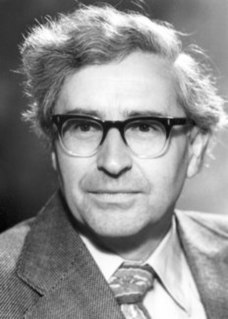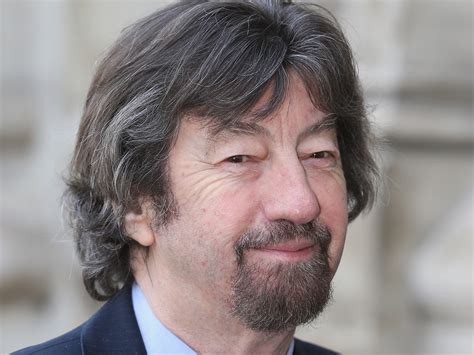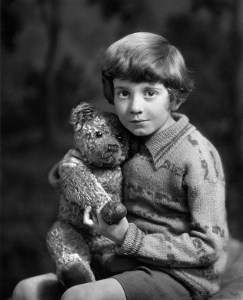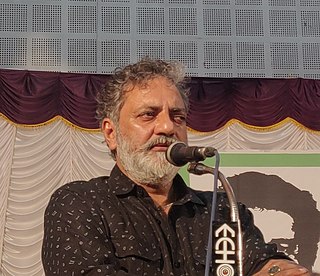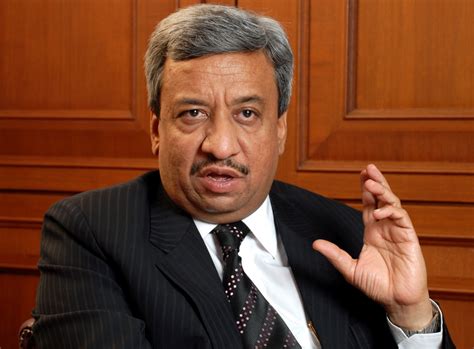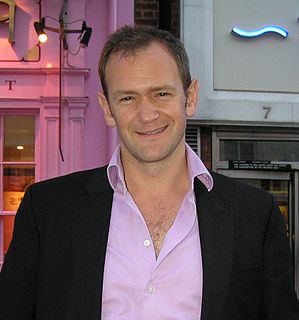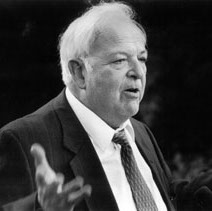A Quote by John Pople
I abandoned chemistry to concentrate on mathematics and physics. In 1942, I travelled to Cambridge to take the scholarship examination at Trinity College, received an award and entered the university in October 1943.
Related Quotes
I was not proficient in Latin and so was not able to go to Oxford or Cambridge. However, I did enter the first-rate chemistry honours program at the University of Manchester in 1950, where the professors were E.R.H. Jones and M.G. Evans, and graduated in 1953, with the financial support of a Blackpool Education Committee Scholarship.
Although I was four years at the University [of Wisconsin], I did not take the regular course of studies, but instead picked out what I thought would be most useful to me, particularly chemistry, which opened a new world, mathematics and physics, a little Greek and Latin, botany and and geology. I was far from satisfied with what I had learned, and should have stayed longer.
Did chemistry theorems exist? No: therefore you had to go further, not be satisfied with the quia, go back to the origins, to mathematics and physics. The origins of chemistry were ignoble, or at least equivocal: the dens of the alchemists, their abominable hodgepodge of ideas and language, their confessed interest in gold, their Levantine swindles typical of charlatans and magicians; instead, at the origin of physics lay the strenuous clarity of the West-Archimedes and Euclid.

